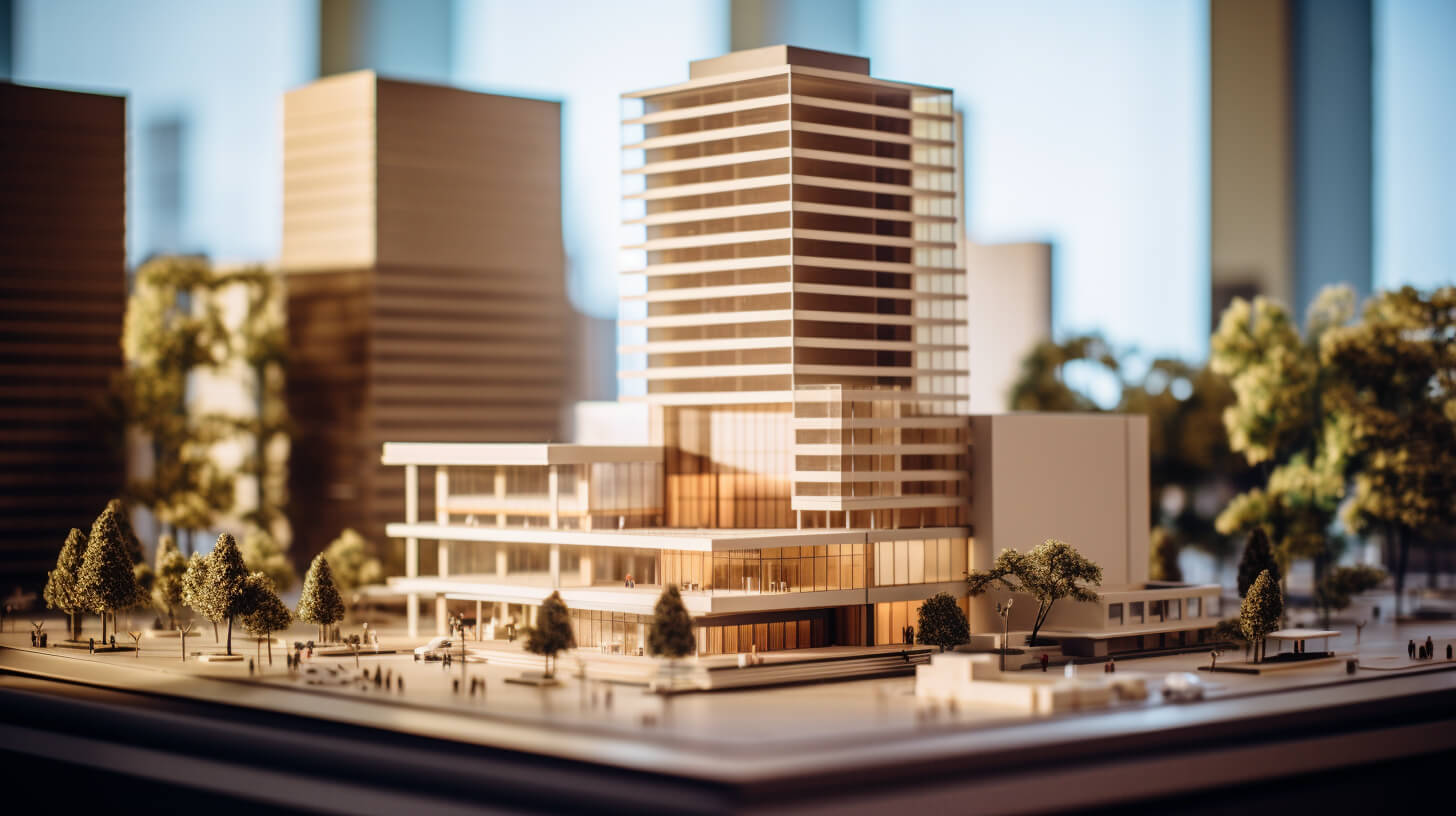Ground leases are a strategic choice for investors and landowners alike. They present a balance of flexibility and stability, enabling businesses to secure prime locations without the substantial initial costs associated with land purchase, and they’ve had a profound influence on urban development and the expansion of businesses.
This piece aims to offer an overview of ground leases, highlighting their advantages, structure, and relevance in the current commercial real estate landscape. So first:
Defining Ground Leases
As you may already know, a ground lease is quite different from your typical property lease. Rather than leasing the land and the structure on it, a ground lease pertains exclusively to the land. Tenants lease this land (usually for a prolonged duration) and have rights to develop or enhance it. The legalities surrounding ground leases are carefully structured to safeguard the interests of every stakeholder, clearly delineating rights, duties, and development boundaries, which often reduces the likelihood of disputes.
A very notable characteristic of ground leases is their longevity, with contracts that can often span anywhere between 50 and 99 years. These extended durations offer tenants the assurance needed to invest in developing the property. Unlike conventional commercial leases that charge rent for the land and any existing infrastructure, ground leases grant tenants the autonomy to develop the land as they deem appropriate, while the landowner enjoys consistent rental revenue and eventually reclaims the enhanced property.
The Ground Lease Process
Initiating a ground lease starts with a proposal. Prospective tenants (typically businesses or developers with a specific location in mind) approach the landowner with their plan. This proposal details their vision for the land, the intended development, and the mutual advantages.
Following the proposal submission, negotiations ensue. During this collaborative phase, both the tenant and landowner iron out the lease’s specifics. They discuss and finalize crucial elements like lease terms, duration, and associated expenses. This stage is vital to ensure the lease benefits both parties and aligns with their long-term aspirations.
Once all terms are agreed upon, the lease is formalized and executed. The tenant can then commence their development, and the landowner starts receiving the stipulated rent.
Given their extended nature, ground leases include regular reviews. These assessments accommodate adjustments based on market dynamics, potential rent hikes, and future lease discussions. It’s also common for ground leases to contain renewal clauses, promoting sustained stability for the tenant’s ventures.
Ground Lease Varieties: Subordinated vs. Unsubordinated
Ground leases predominantly fall into two categories: subordinated and unsubordinated leases. Each type has its distinct features, advantages, and challenges, particularly from the tenant’s viewpoint.
Subordinated Ground Leases: In this arrangement, the landowner concedes priority regarding property claims, especially if the tenant encounters financial hurdles. If a tenant defaults on a development loan, the lender can seize the property as collateral. Lenders might find this lease type more appealing, potentially simplifying financing acquisition for tenants. However, if financial issues arise, tenants risk forfeiting their property investment to lenders.
Unsubordinated Ground Leases: Here, the landowner maintains primary rights concerning property claims. If a tenant defaults on their loan, the lender can’t seize the land but might target the tenant’s other assets. This setup safeguards the tenant’s property investment, ensuring the land remains intact even during financial crises. That said, acquiring financing could be slightly tougher as lenders might see a heightened risk without the land as possible collateral.
The decision between subordinated and unsubordinated leases depends on various factors from the tenant’s side, including financial health, long-term objectives, risk tolerance, and their rapport with lenders.
Ground Leases for Tenants: Benefits and Considerations
Ground leases present compelling opportunities for tenants, especially those aiming to gain traction in competitive arenas.
Benefits include:
- Strategic Market Entry: Ground leases empower tenants to secure coveted spots without a significant initial land purchase outlay, especially valuable in thriving city centers or budding business zones.
- Enhanced Brand Presence: Occupying prime locales can amplify brand visibility, drawing increased attention and potentially bolstering brand value.
- Financial Agility and Growth Potential: Absent the land acquisition costs, tenants can judiciously allocate funds, emphasizing business scaling, infrastructure, and other expansion-driven endeavors.
Prospective tenants should also take the following into consideration:
- Financing Hurdles and Remedies: While ground leases can offer financial leeway, they might introduce financing acquisition challenges, especially with subordinated leases. However, establishing robust equity stances or exploring alternative financing avenues can address these issues.
- Potential Development Constraints: Ground leases could come with specific development directives or limitations. It’s imperative for tenants to comprehend these to ensure their operations conform to the lease stipulations.
- Long-Term Engagement Implications: Ground leases are enduring contracts, often lasting several decades. Tenants must contemplate the long-term ramifications, ensuring the site and conditions resonate with their prospective business trajectory.
Final Thoughts
Ground leases meld financial adaptability, strategic brand positioning, and expansive potential. By facilitating businesses to mark their presence in prime locales without the substantial land acquisition expense, they unlock unmatched prospects. Whether you want to heighten your brand visibility, optimize resource distribution, or establish a presence in a high-stakes market, a ground lease can be the catalyst for your business’s future.
However, as with any pivotal business choice, it’s paramount to approach ground leases with an informed stance – and if you would like to talk with an expert as you navigate your options, Speed Commercial Real Estate has the knowledge and experience to help.

